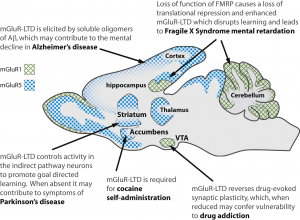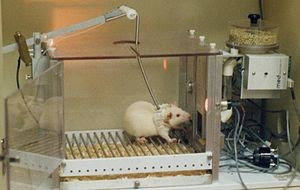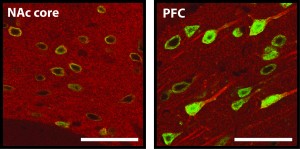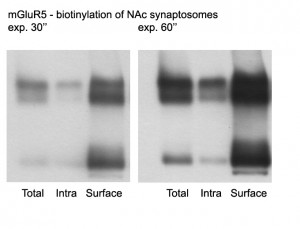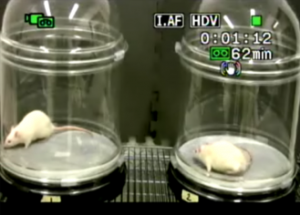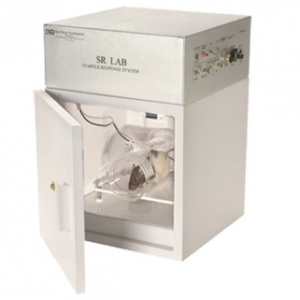Marek Schwendt
Assistant Professor
Areas of Interest/Research
Drug addiction is a chronic relapsing disorder of which the neurobiological underpinnings remain elusive. Recovering addicts face not only a high risk of relapse, but also persistent cognitive deficits. Despite extensive research focused on understanding and reversing motivational and cognitive deficits, advances towards successful addiction pharmacotherapy remain limited. Therefore, I am interested in 1) identifying and characterizing dysregulation of neurotransmitter receptors that may underlie behavioral impairments in drug addiction, and (2), developing novel pharmacological interventions to restore neural plasticity and behaviors disrupted by chronic exposure to abused drugs. Towards this goal, I utilize an animal model of operant drug self-administration in combination with tasks designed to test cognitive performance in animals. Furthermore, my research approach combines ex-vivo techniques to study protein expression and receptor-protein interactions with in vivo manipulations of receptor function in order to suppress drug-seeking and reverse drug-induced cognitive deficits. Better understanding of drug-induced neuroadaptations will not only provide critical insight into the neurobiology of drug addiction and related psychiatric disorders (such as schizophrenia and depression), but will also provide novel avenues for successful treatment of these disorders.
Some of the current collaborative projects in the laboratory include:
(1) Vulnerability to cocaine relapse coincides with persistent dysregulation of striatal mGluR5 glutamate receptor function
(2) Targeting mGluR5 receptor-protein interactions as a novel approach to reverse neurocognitive deficits in schizophrenia and methamphetamine addiction
(collaboration with Dr. Karel Vales, NIMH, Prague, Czech Republic)
(3) Development and characterization of animal models for comorbid PTSD and substance use disorder
(collaboration with Dr. Knackstedt, UF Psychology Department)
(4) Dopamine-Glutamate-Adenosine Interactions in Risky Decision-Making and Addiction
(collaboration with Dr. Setlow, UF Department of Psychiatry)
Distribution of mGluR5 in the rat brain and its functional implications in various brain disorders
Operant drug self-administration
mGluR5 immunostaining in the rat nucleus accumbens and prefrontal cortex.
Expression of mGluR5 on the cell surface in the nucleus accumbens.
Predator threat, animal model of PTSD
Measuring anxiety in Elevated Plus Maze
Measuring startle response and pre-pulse inhibition
Publications
Contact Information
Email: schwendt@ufl.edu
Phone: (352) 294-3658
Office: 326 PSY
Office Hours
Office Mailing Address
114 Psychology Building
945 Center Drive
Gainesville, FL 32611-2250
